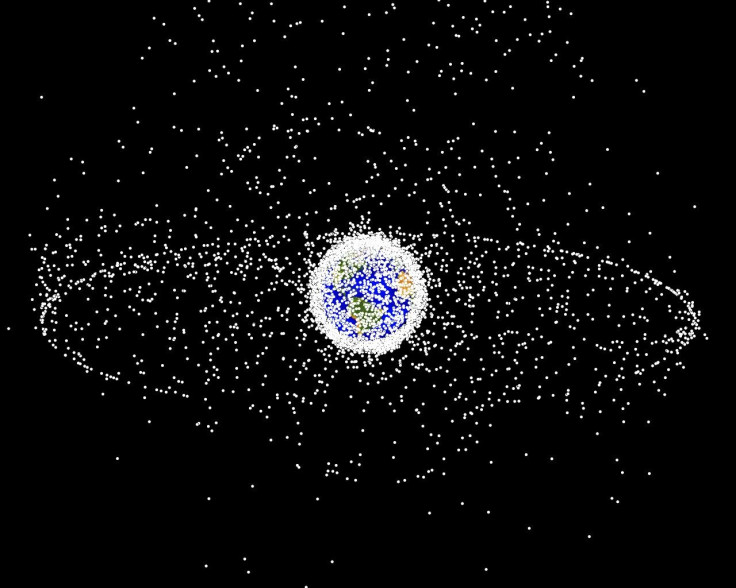International Space Station Takes Evasive Action to Avoid Collision with Russian Junk

Debris from a spent Russian satellite came close to the orbiting satellite which was then manoeuvred out of harm's way, said NASA.
The space junk came within a fifth of a mile (320 metres) of the orbital laboratory and its six inhabitants.
Mission Control said the space station's relocation would not affect the scheduled launch of a commercial supply ship from Virginia. Its unmanned Cygnus capsule will carry some 1,500lb (680kg) of materials for space experiments.
The research includes how to stop headaches in space, measuring the rate of pea-shoot growth and how milk spoils in micro-gravity.
The Russian wreckage is from a Kosmos satellite that was launched in 1993 and collided with an Iridium spacecraft in 2009, according to an AP report.
"Given all the traffic that's coming and going... we might want to send up some of those red and green wands they use on the deck of an aircraft carrier," said Orbital Sciences' executive vice president Frank Culbertson, a former astronaut who lived on the space station over ten years ago.
Space junk is an increasing danger to astronauts on the space station, as well as to other satellites. There are about 6,000 tons of space junk orbiting Earth of all shapes and sizes – from small metal bolts to dead satellites.
More than 500,000 pieces of space junk are tracked every day by NASA and the U.S. military's Space Surveillance Network in order to avoid collisions in orbit.
In 2012, the international space station fired its thrusters to avoid debris from a 2009 satellite crash between an U.S. and Russian spacecraft.
Donald Kessler, a retired NASA scientist who led the research said that the situation is critical. "We've lost control of the environment," he said. "The hazard is increasing and there is a necessity to start cleaning up space.
"NASA needs to determine the best path forward for tackling the multifaceted problems caused by meteoroids and orbital debris that put human and robotic space operations at risk," Kessler added.
© Copyright IBTimes 2025. All rights reserved.






















